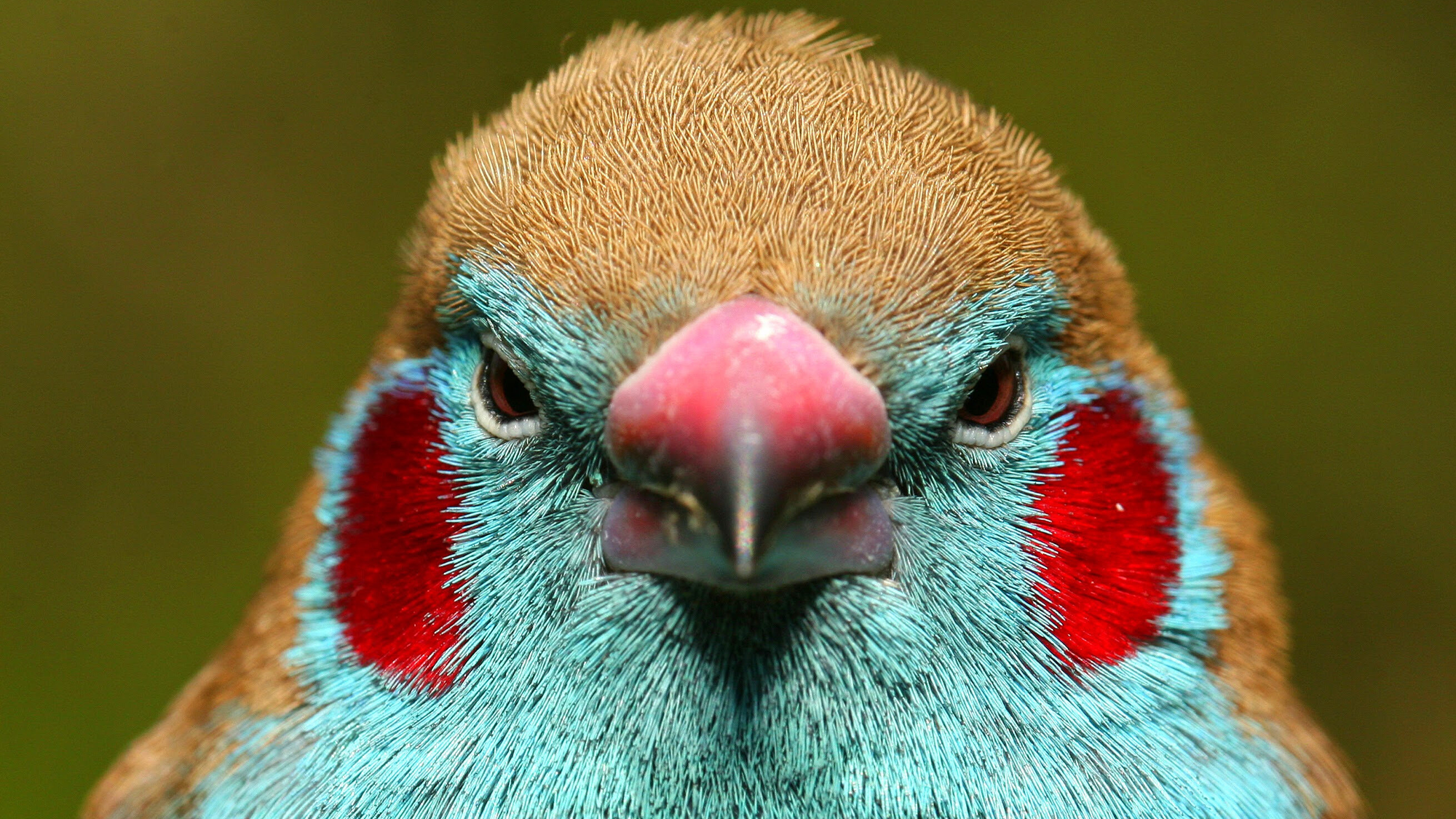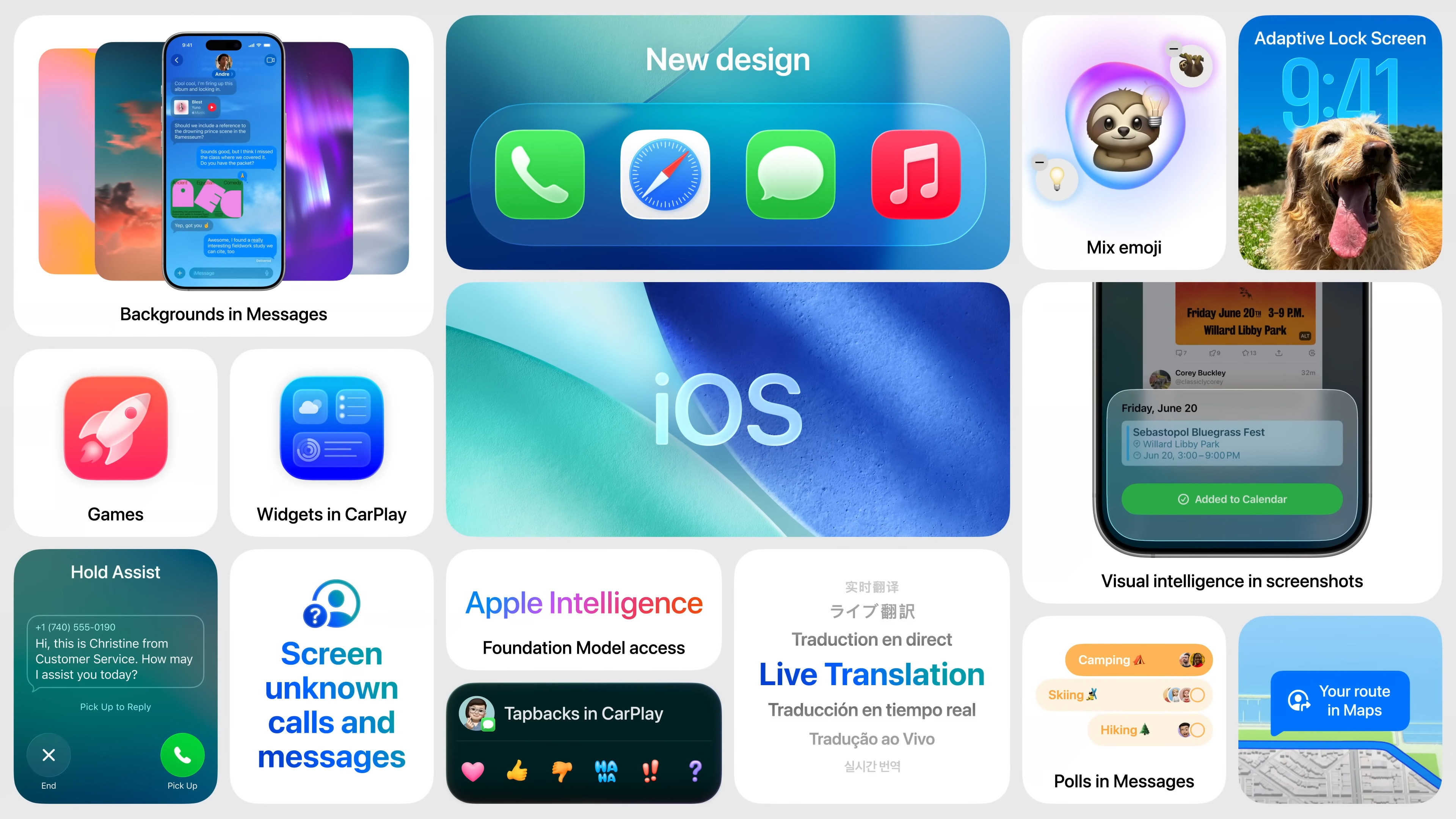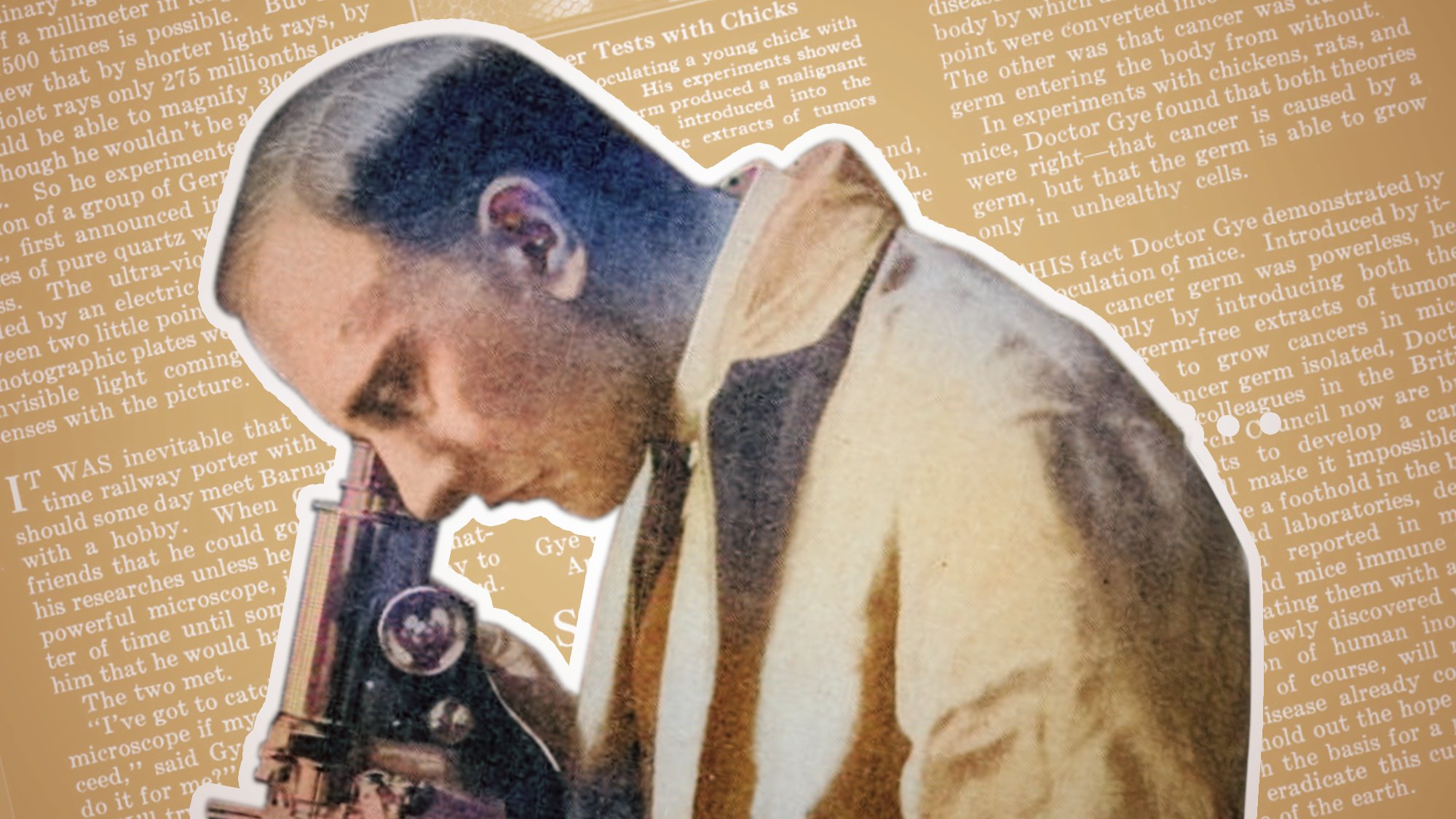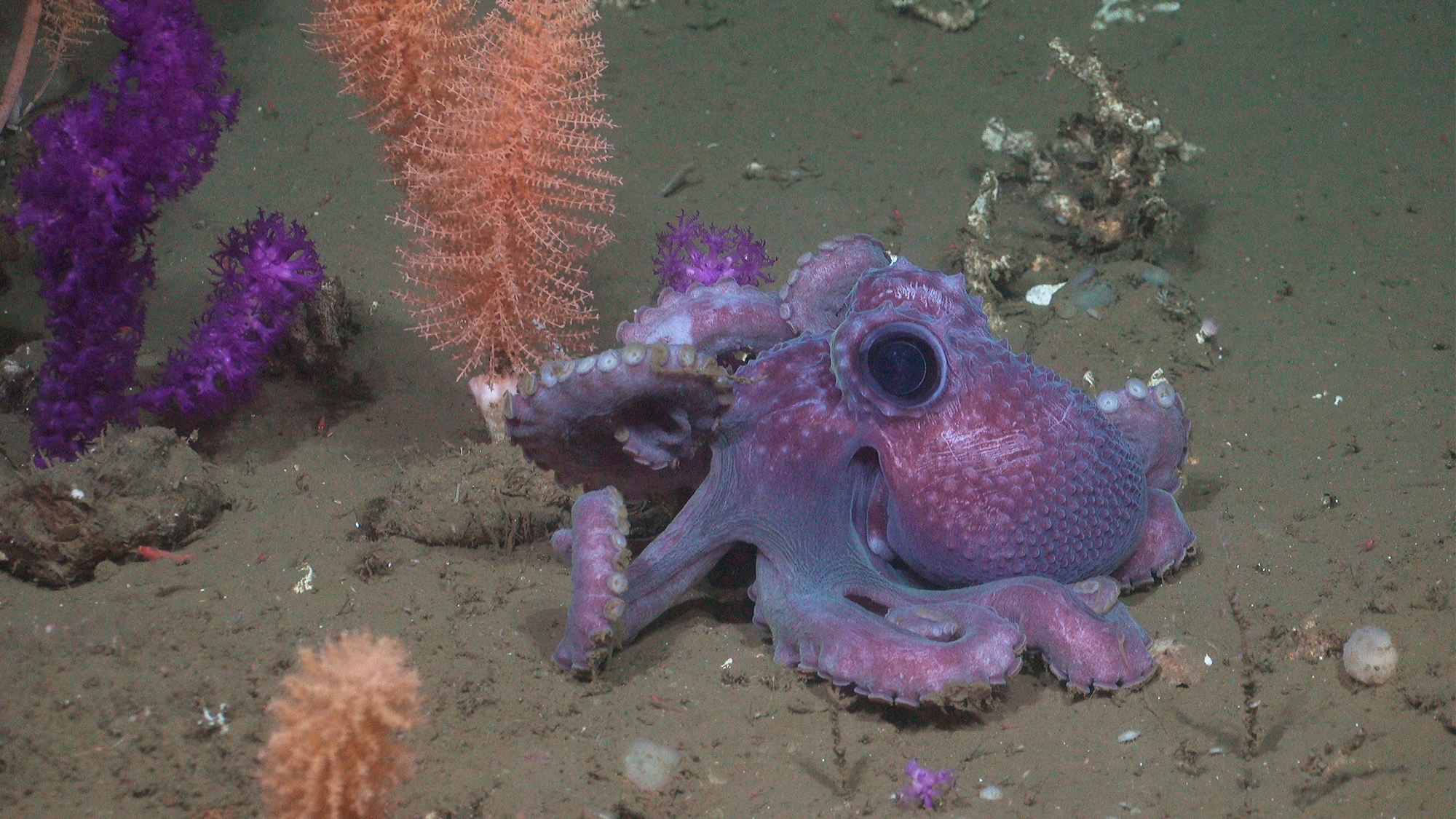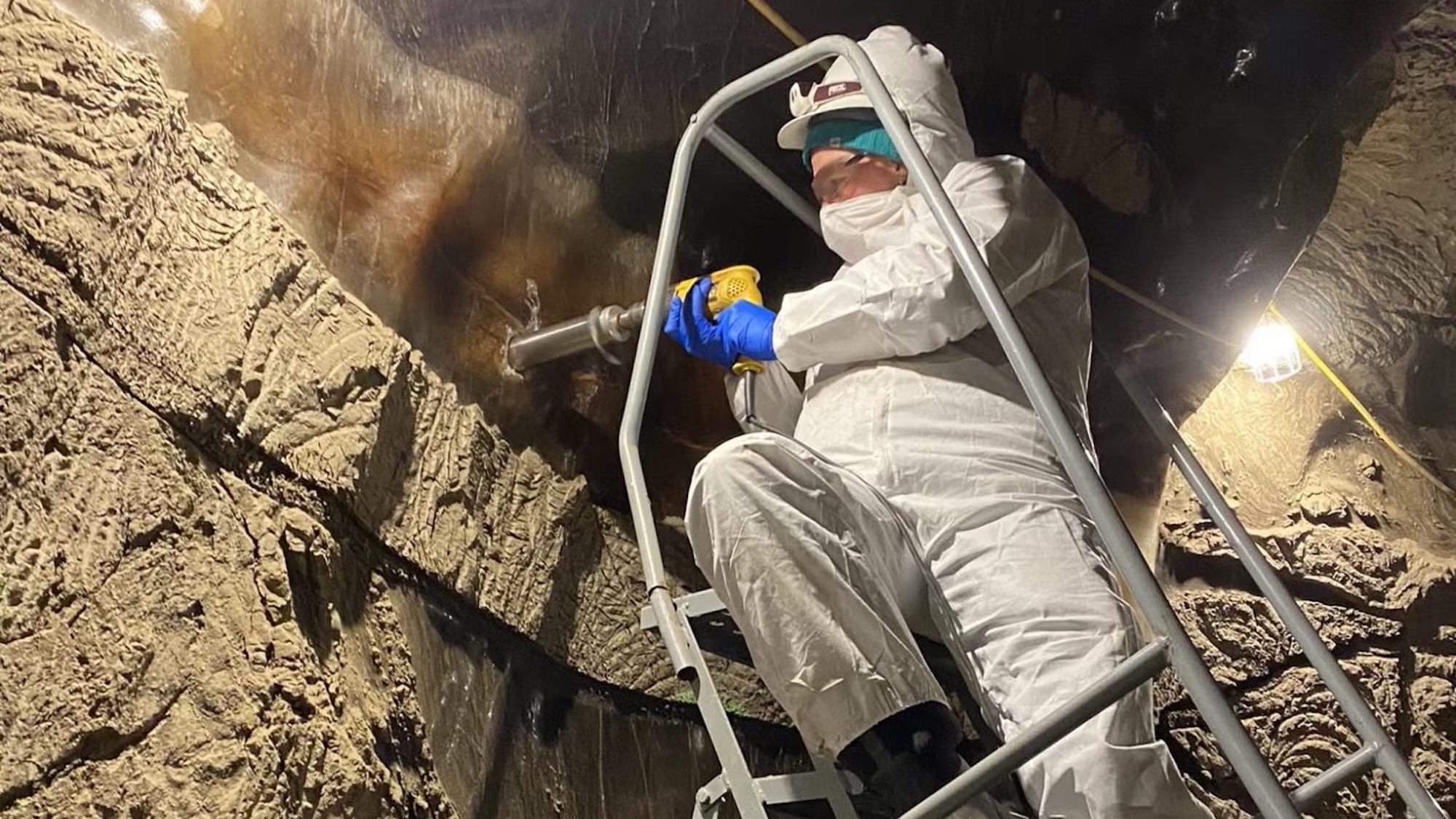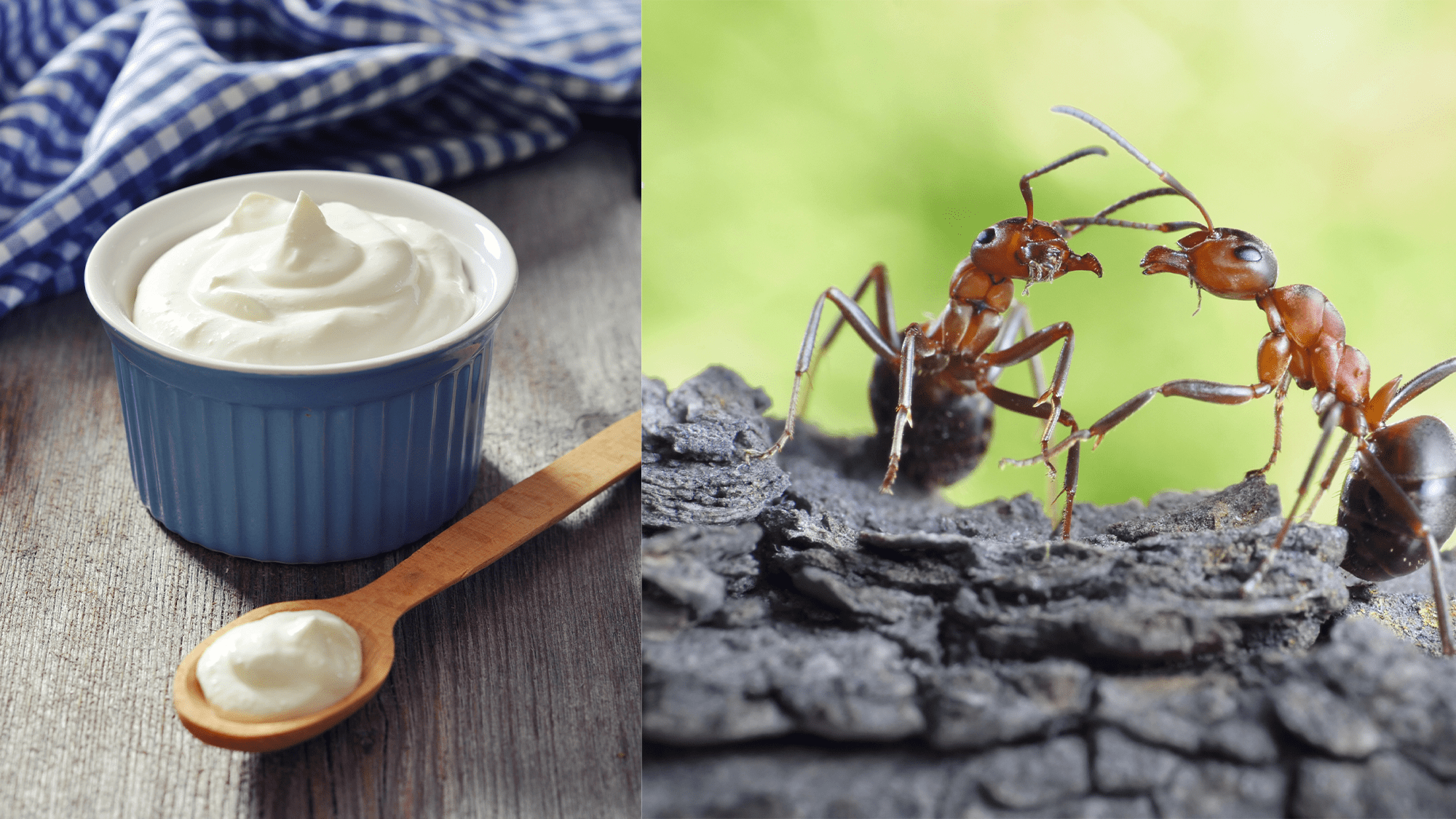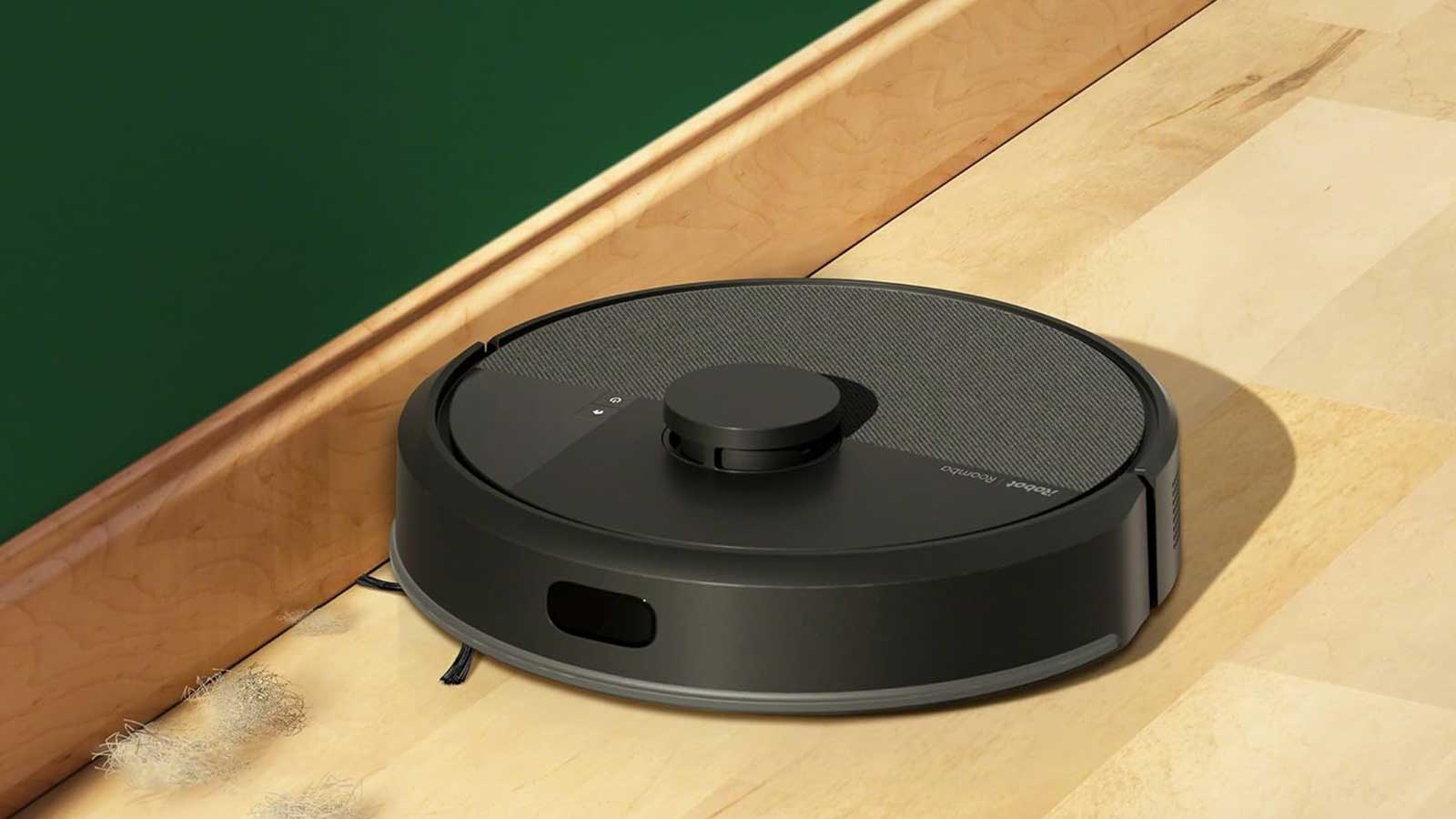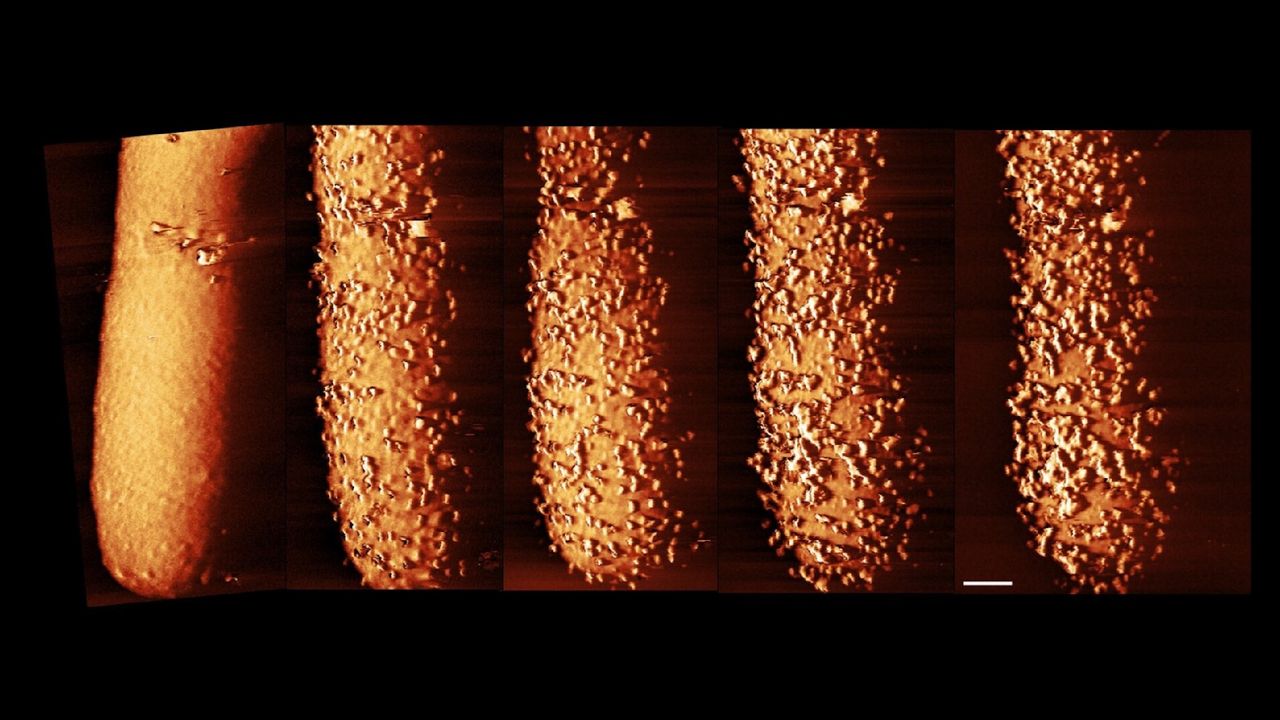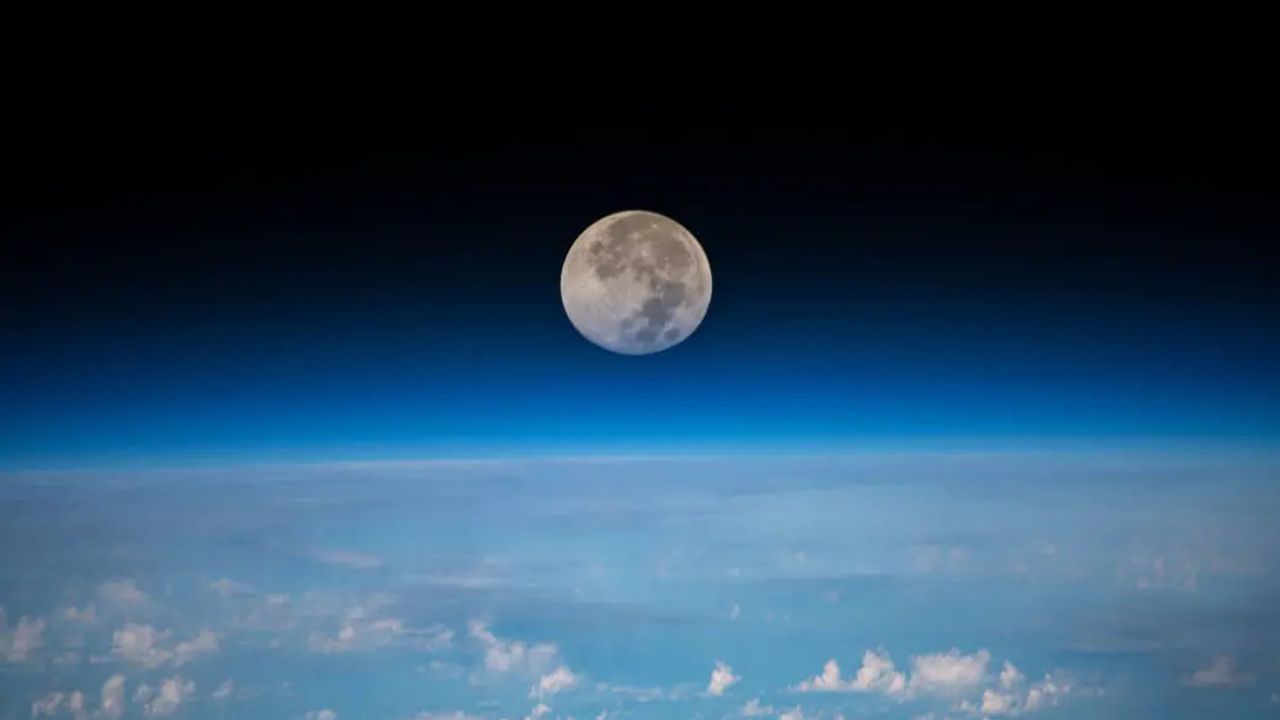Rogue planet is gobbling up 6.6 billion tons of dust per second
NeutralScience
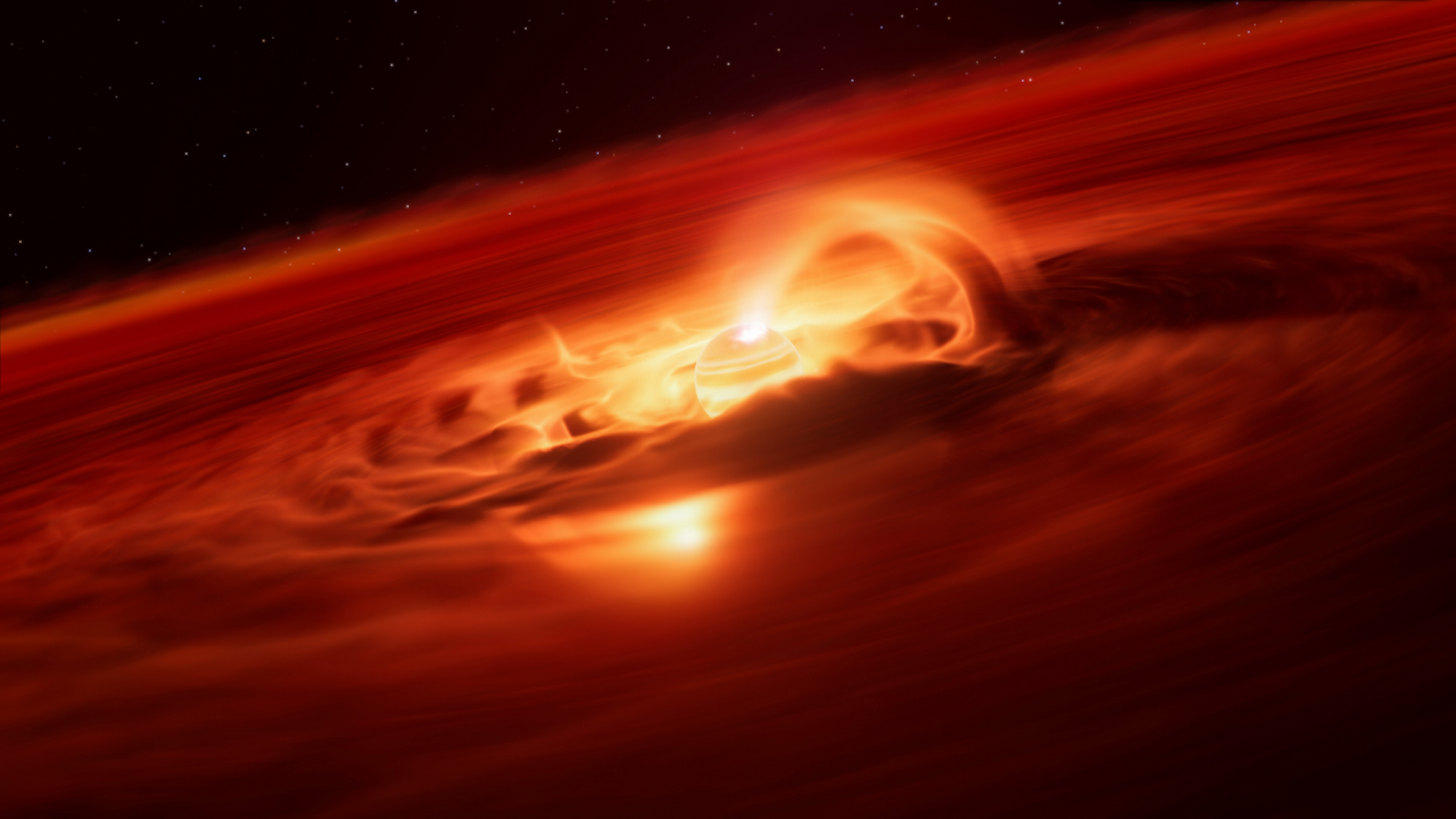
A rogue planet has been observed consuming an astonishing 6.6 billion tons of dust every second, highlighting the fascinating growth patterns of these cosmic anomalies. This discovery is significant as it enhances our understanding of planetary formation and the dynamics of celestial bodies in the universe.
— Curated by the World Pulse Now AI Editorial System
